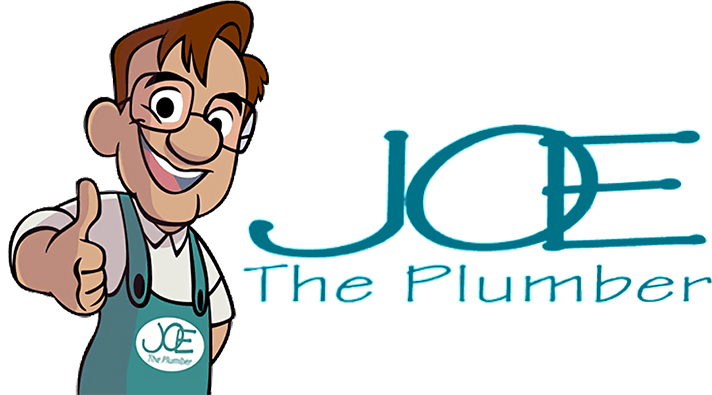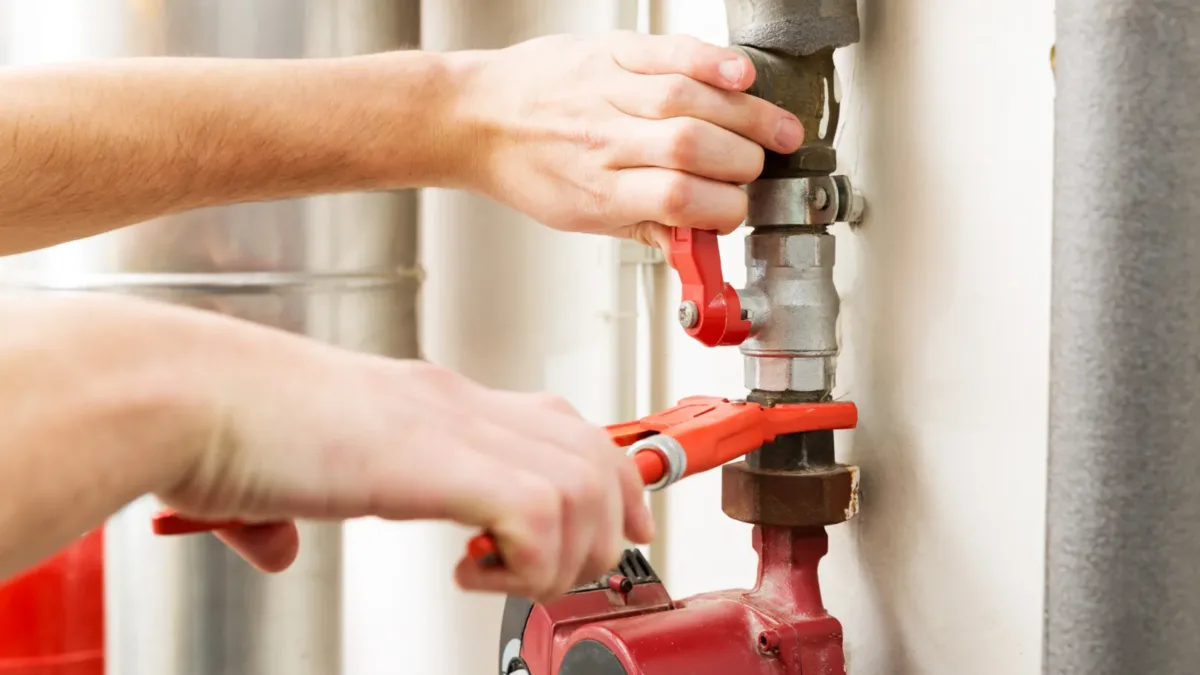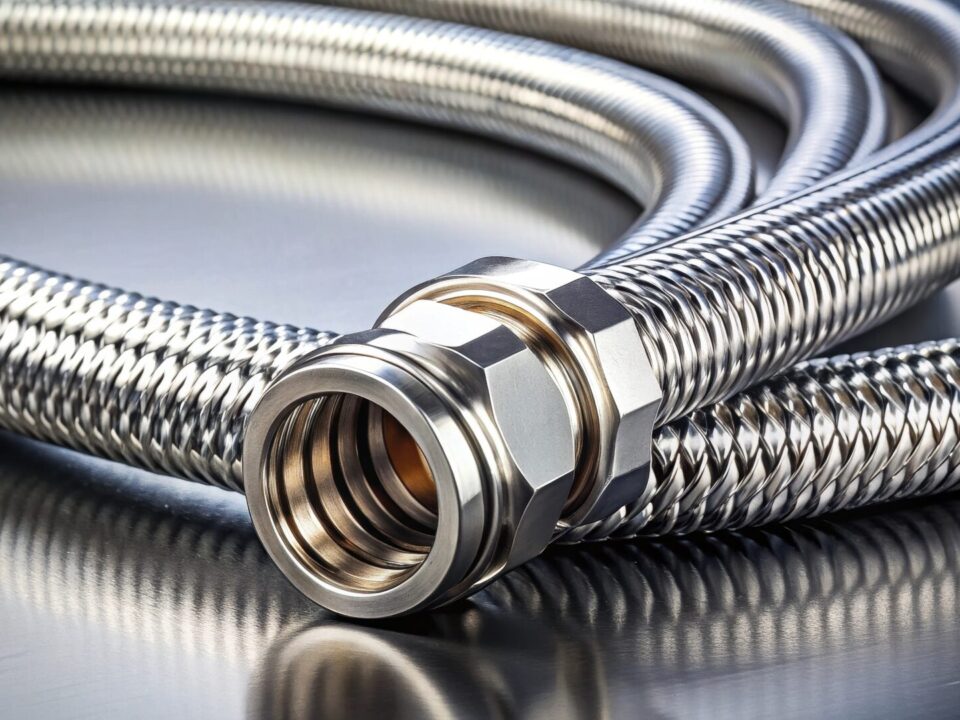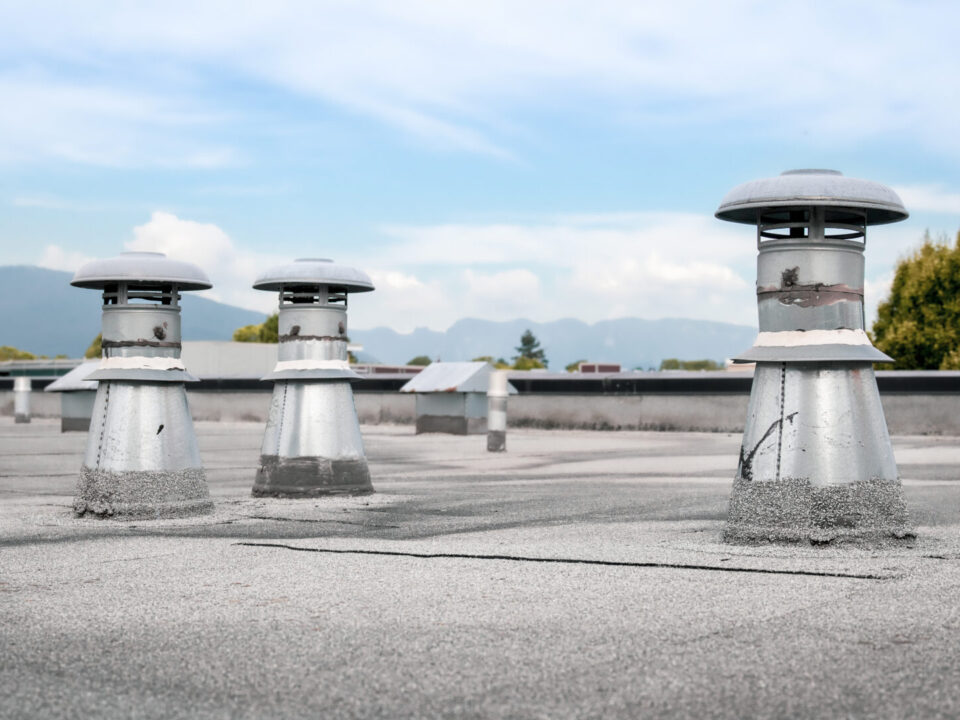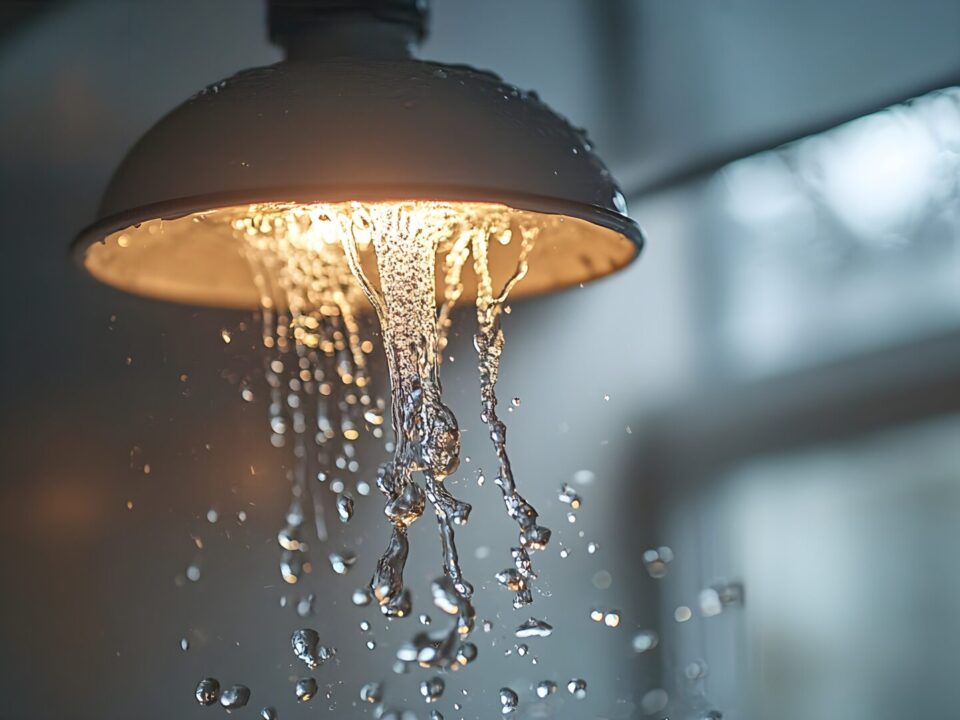Have you ever heard a loud banging noise from your pipes after turning off a tap? That’s water hammer, a common plumbing problem that can be more than just a nuisance—it can potentially damage your plumbing system. But worry not! In this post, we’ll dive into some practical tips to help you prevent water hammering in your home plumbing.
What Causes Water Hammer
Firstly, it’s essential to know what you’re dealing with. A water hammer occurs when a water valve is suddenly shut off, causing a shockwave that makes the pipes bang against walls or each other. This can happen in washing machines, dishwashers, toilets, and sinks.
Is water hammer only a residential plumbing issue?
No, water hammer is not limited to residential plumbing. It can occur in any plumbing system, including commercial and industrial buildings. Large-scale systems, such as factories, municipal water supplies, and power plants, are also susceptible to water hammer. In these settings, the potential for damage can be significant, necessitating specialized water hammer mitigation strategies.
Are certain homes more prone to water hammer?
Certain homes are more prone to experiencing water hammers, particularly older ones with outdated plumbing systems that may not include modern water hammers prevention devices like air chambers or arrestors. Homes with high water pressure are also more susceptible, as higher pressure can lead to more forceful water hammer impacts. However, it’s important to note that water hammer can occur in any home, regardless of age or design.
Can a water hammer cause damage to my plumbing?
Yes, water hammers can indeed cause significant damage to plumbing systems over time. The sudden pressure surges it creates can strain pipes, leading to loosened joints, leaks, or even bursts. This is particularly concerning in older or weaker piping systems. Repeated water hammer incidents can also damage appliances connected to the plumbing system, such as washing machines and dishwashers, by stressing their internal components.
How can I tell if I have a water hammer problem?
The most common sign of a water hammer is a loud banging or thumping sound from your pipes. This noise typically occurs right after turning off a water tap or when a water-using appliance stops its cycle. It sounds like a hammering noise and is distinct from normal water flow noises. Additionally, you might notice vibrations in your pipes or see them visibly shaking due to the pressure surge.
How does high water pressure contribute to the water hammer?
High water pressure can exacerbate the water hammer because it increases the velocity of water flowing through the pipes. When a valve is suddenly closed, the momentum of the fast-moving water creates a more forceful and higher pressure surge. This intensified surge can cause louder banging noises and increase the risk of damage to the plumbing system. Reducing water pressure can help mitigate the severity of the water hammer.
Can the water hammer affect my water appliances, like washing machines?
Yes, water hammers can affect water-using appliances like washing machines and dishwashers. These appliances often have solenoid valves that open and close quickly, which can trigger a water hammer. Additionally, the repeated pressure surges associated with water hammers can strain and damage the internal components of these appliances, potentially leading to malfunctions and the need for repairs. Installing water hammer arrestors can help protect the plumbing system and connected appliances.
Install Air Chambers
One of the most effective solutions is adding air chambers and vertical pipes to your plumbing system. They act as cushions, absorbing the shock wave created when the water flow is abruptly stopped. You’ll often find these near faucets or water-using appliances.
Check for Loose Pipes
Sometimes, the simple act of securing loose pipes can mitigate water hammer. Ensure your pipes are firmly attached with pipe straps or hangers, which can be easily installed.
What are water hammer arrestors, and how do they work?
Water hammer arrestors are mechanical devices designed to absorb the shock wave caused by a sudden halt in water flow, preventing the banging noise characteristic of a water hammer. These devices typically consist of a spring and an air bladder. When a shock wave hits the arrestor, the spring compresses, allowing the air bladder to absorb the impact and dissipate the wave’s energy, preventing it from traveling through the pipes and causing noise or damage.
Regulate Water Pressure
Excessive water pressure can exacerbate the water hammer. Keeping your home’s water pressure between 30 and 50 psi is advisable. If necessary, you can check the pressure with a gauge and adjust it using a pressure-reducing valve.
Open and Close Valves Slowly
A simple yet effective tip is to open and close valves gently. By avoiding sudden stops in water flow, you can significantly reduce the chances of water hammer.
Regular Maintenance
Regular maintenance by a professional plumber can help identify and resolve potential water hammer issues before they become serious problems.
Call Joe the Plumber Today!
If your home has been affected by the disruptive force of a water hammer, don’t let the problem escalate! Protect your plumbing and peace of mind by turning to Joe, The Plumber. Our team of experts specializes in diagnosing and repairing damage caused by water hammers, ensuring your pipes are fixed and fortified against future issues. Don’t wait for a minor annoyance to turn into a major headache. Call us today to schedule your appointment and safeguard your home’s plumbing integrity. Trust Joe The Plumber – where quality meets reliability in every repair!




